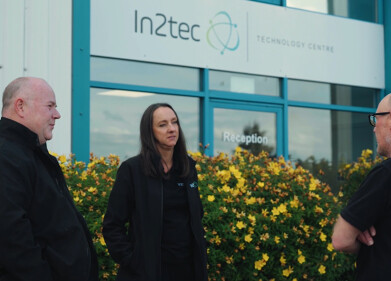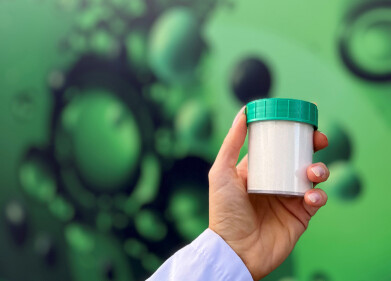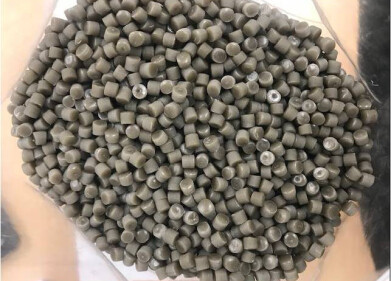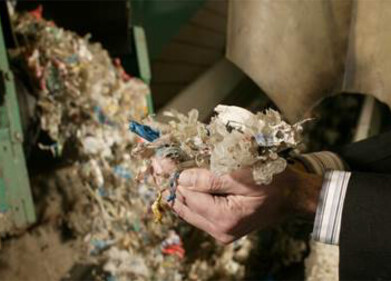Waste Management
R&D Programme Aimed at Recovering Urban Waste in the Form of Biofuel
Jun 03 2014
Déinove, a cleantech company that is designing and developing a new generation of industrial processes based on the use of Deinococcus bacteria, and SUEZ ENVIRONNEMENT (France), have announced the signing of an R&D collaboration agreement. This agreement is for a period of two years, and marks the first stage in a project aimed at exploring the development potential of an industrial offshoot that turns organic urban waste into ethanol via the action of Deinococcus bacteria.
This organic waste is currently mainly recovered via composting and methanisation. The widespread availability of this source of carbon, its cost, and its composition, which is conducive to the growth of micro-organisms, make it a realistic candidate for an innovative recovery process that involves the production of molecules with an industrial application, including for the commodities market. “At a time when humanity is facing the increasing scarcity of fossil fuels, and the need to develop alternative solutions that provide a better carbon footprint, using urban waste as a raw material is one of the most promising solutions for the future”, comments Thierry Mallet, Executive Vice President in charge of Innovation and Business Performance for SUEZ ENVIRONNEMENT. “By collaborating with Déinove, we aim to promote the creation of a cutting-edge French industrial offshoot that will enable us to meet these challenges”.
For the past six months, Déinove has already been collaborating with SUEZ ENVIRONNEMENT, which is making various sources of waste from its operating units available to the company. The results of this upstream research stage have confirmed that the substrates provided can be turned into useful molecules, in this instance ethanol, by Deinococcus bacteria. The partners have therefore decided to enter into a collaborative two-year research programme, the first stage of which will focus on optimising the main development stages for the process, including:
· Choosing the substrates provided by SUEZ ENVIRONNEMENT and the pretreatment conditions;
· Choosing a Deinococcus strain that is appropriate for these substrates;
· Defining the fermentation production conditions that will enable a satisfactory ethanol production rate to be achieved in 20-litre fermenters.
The long-term aim consists in rolling out a pre-industrial size demonstration unit at a SUEZ ENVIRONNEMENT facility, which will enable the conditions for industrialising this new offshoot to be determined.
Events
Nov 26 2024 Paris, France
Nov 27 2024 Istanbul, Turkey
H2O Accadueo International Water Exhibition
Nov 27 2024 Bari, Italy
Biogas Convention & Trade Fair 2024
Nov 27 2024 Hanover, Germany
Dec 11 2024 Shanghai, China







-as-feedstock.jpg)






